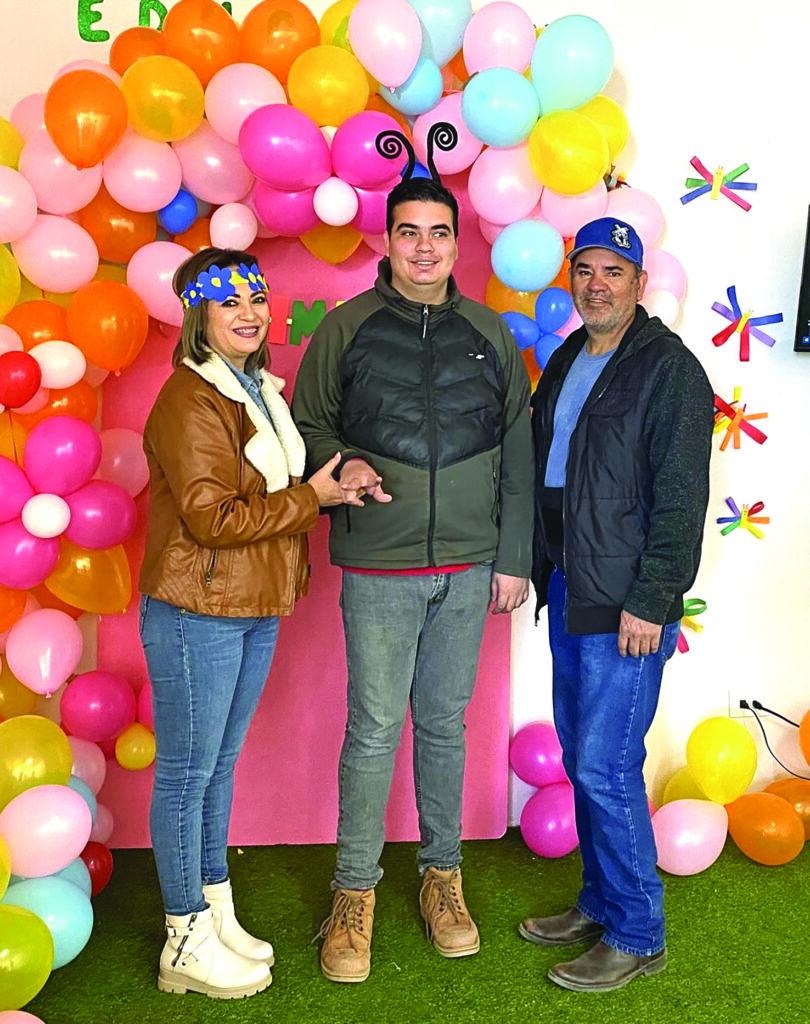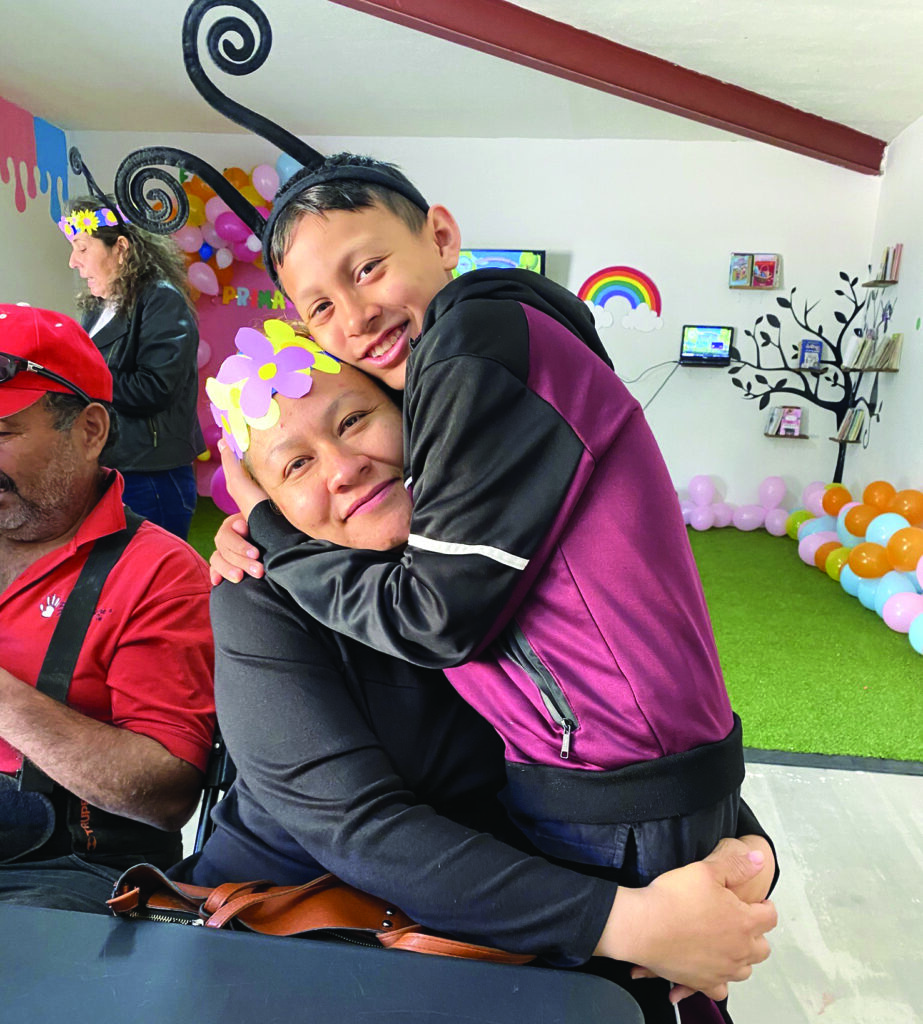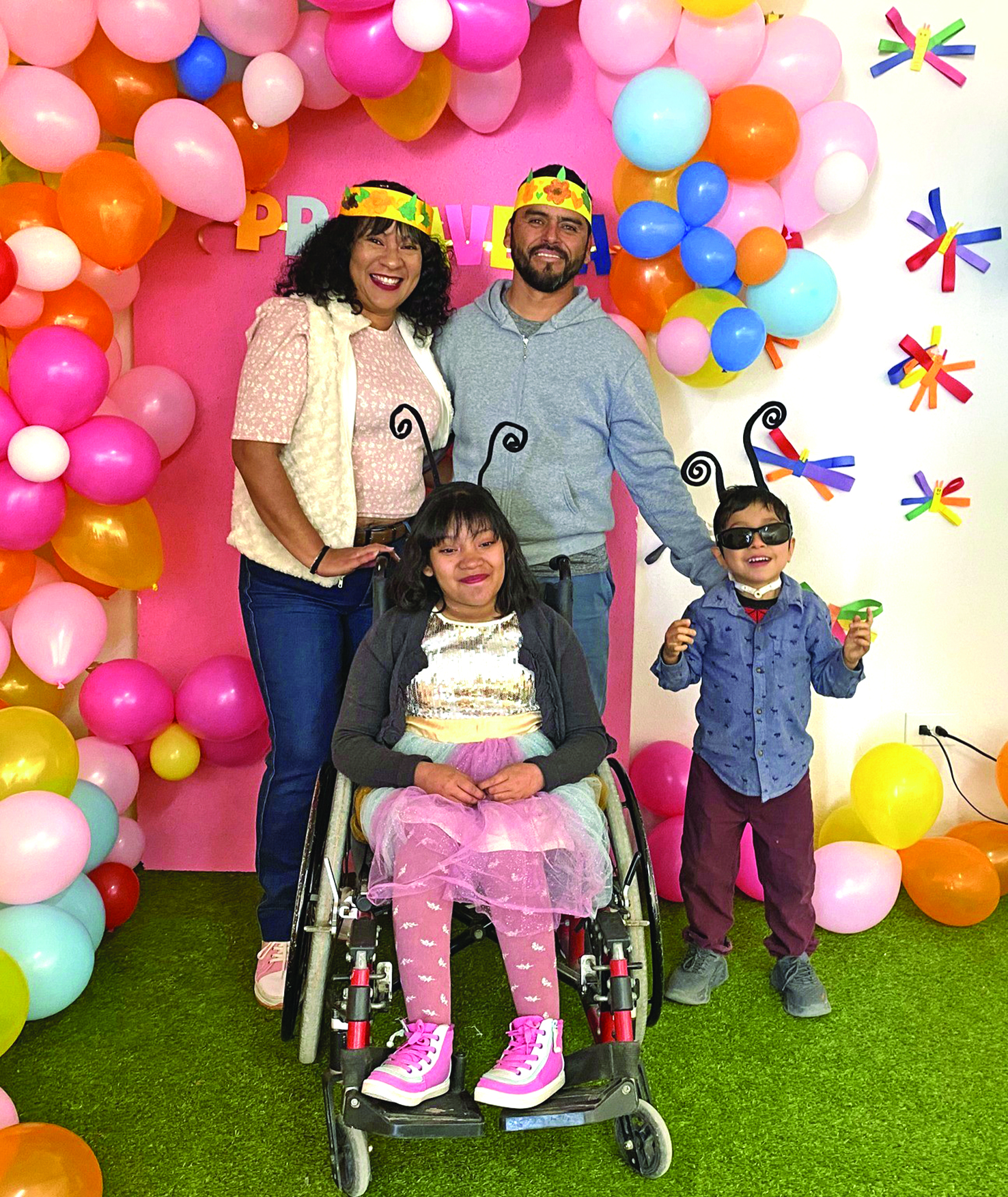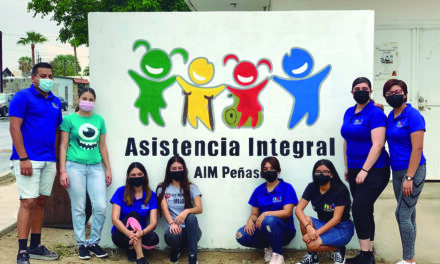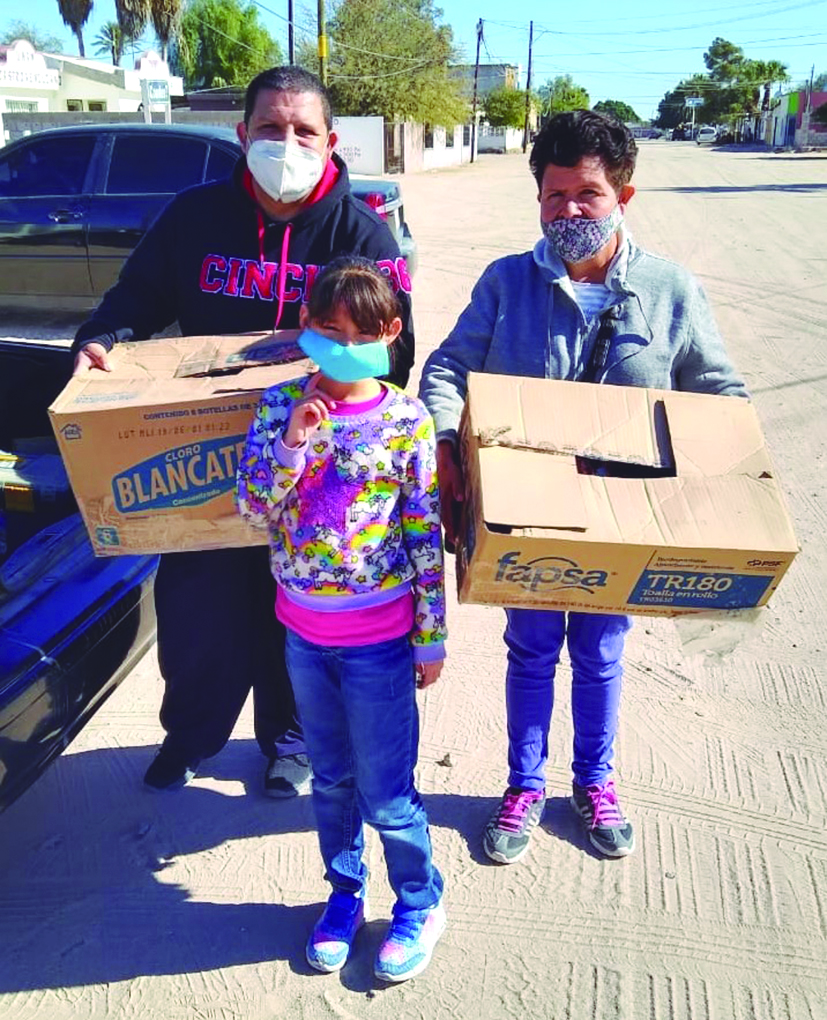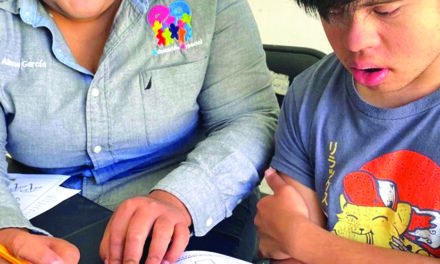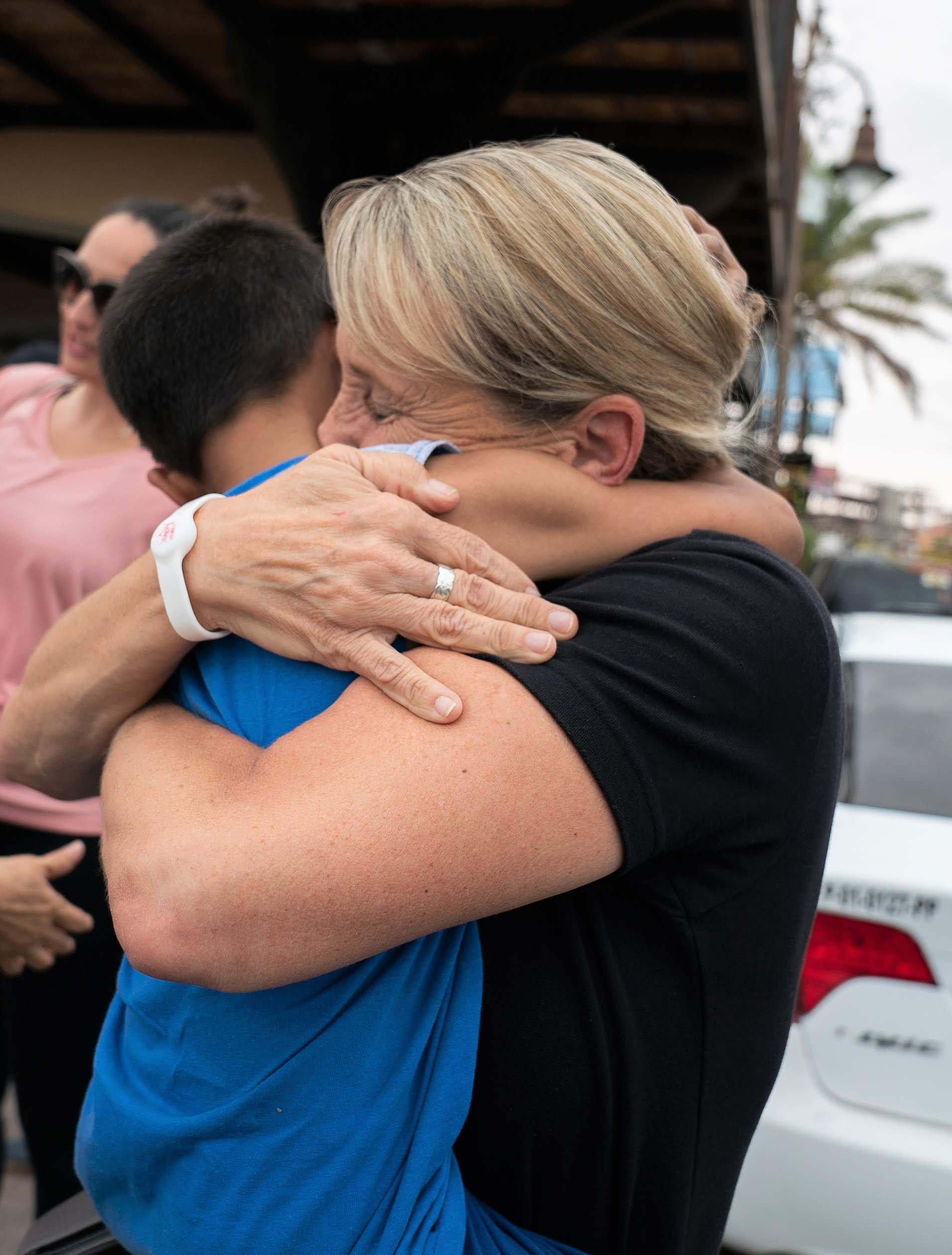In June I had the privilege of hosting a breakfast for parents of kids with special needs who are attending Educarte’s therapy clinic, special education program or both. Some of these families I have known for more than seven years and some I am just getting to know. I shed more than a few tears listening to all the parents share the heartache, isolation, frustration and fear they have experienced raising a child with special needs in Mexico.
Having spent many years working with families of kids with special needs in Arizona, I am aware that the usual challenges of parenting are compounded for parents of children with special needs—no matter which side of the border they live on. However, as I have come to know more parents of children with disabilities in this community, I am increasingly aware of how these challenges are greatly compounded for families here. These are some of the things I have learned:
- Parents in the U.S. often struggle to learn about the disability their child is diagnosed with. In Mexico, it is not uncommon for a child to go an extended period without even receiving a diagnosis. Once they are diagnosed there are often not specialists or other resources in the community to help the family understand their child’s condition.
- Parents in the U.S. often must invest significant time researching, locating and accessing effective treatments and resources. In Mexico, many communities have few services for children with special needs and accessing even basic resources their child needs often requires families to travel long distances.
- Parents in the U.S. must cope with the emotional and physical demands of caring for an individual with a disability. Parents in Mexico must also cope with these demands but with none of the support services such as respite care, parent support groups, specialized transportation, and more available in the U.S.
- Parents in the U.S. often must advocate for appropriate school interventions, accommodations, and/or placements required by law. In Mexico, public schools are not required to serve kids with special needs and very few accommodate kids who have more than a very mild disability. The sad reality is that many kids with special needs in Mexico remain at home with their parents and do not get the chance to attend school at all.
- Parents in the U.S. often must pay for many treatments and interventions not covered by health insurance or the school system. In Mexico, many communities do not have specialists to provide critical treatments and interventions a child may need. Often families do not have the resources to travel the long distances required for their child to see specialists, let alone pay for their services.
- Parents in the U.S. can struggle with feelings of isolation because their child may not be able to successfully participate in some community and family activities due to their disability. In many communities in Mexico, a large number of private and public spaces are not physically accessible for someone in a wheelchair and many community activities/events do not welcome or accommodate children with special needs.
It has truly been a gift to get to know this group of parents who are some of the most lovely, gracious, and strong people I have ever met. I believe that they, and their children, deserve to receive the resources and support they all need to thrive and participate fully in this community.
We hope you will consider supporting our efforts to help more very special families in this community thrive by making a donation at www.AmigosEducarte.com.
